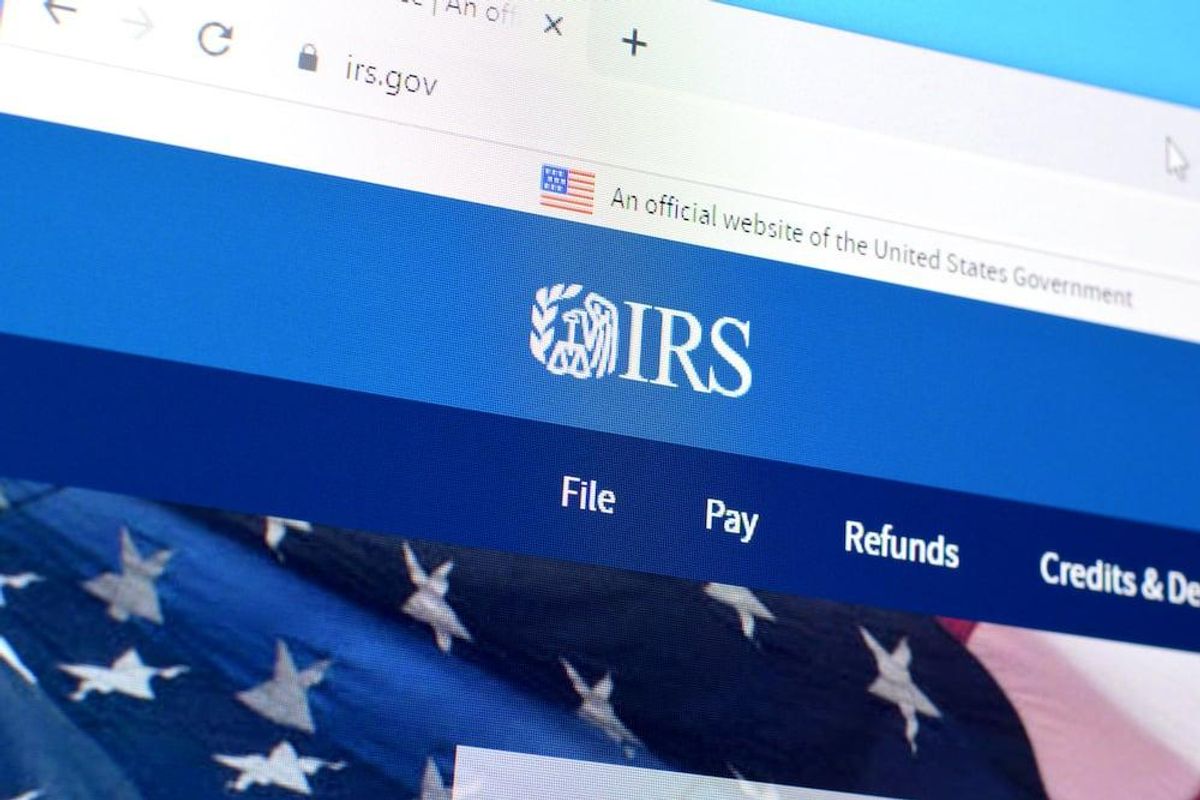
6 Common IRS Tax Penalties on Small Business Owners
Running a small business comes with many complexities, one of them being complicated tax reporting. Because of the complexities for reporting taxes for small business owners, they are much more likely to run into problems with the IRS. When the IRS hits a small business or small business owner with a tax bill, additional penalties and interest will likely be tacked on. Being aware of the the most common tax penalties an why the IRS charges them can help you avoid them in the future. Below are 6 common tax penalties that small businesses or small business owners are charged with.
- Penalty for underpayment of estimated taxes: If you do not pay at least 90% of your current year tax bill, the IRS will charge a penalty. The IRS prefers these payments to be made in equal installments and they still may charge a penalty if less is paid early and more was paid later. The IRS will not charge this penalty if you pay at least 100% (110% if you make over $150K) of your prior year's tax bill in equal quarterly installments.
- Failure to file penalty/late filing penalty: This is one of the steepest and easiest penalties to avoid. This penalty is charged when taxes are owed and they are not filed at the due date. This penalty is 5% a month and can be a maximum of 25%. Even if you know you cannot pay your taxes, it is very important to file since the penalties for not paying are far less.
- Failure to pay penalty/late payment penalty: The failure to pay penalty is .5% a month on the outstanding tax balance. This penalty can be reduced to .25% a month if you enter into an installment agreement to pay back the taxes owed. This penalty can also increase to 1% a month if a notice of intent to levy has been issued. The maximum for this penalty is 25%.
- Accuracy related penalty: If the IRS finds that you made errors on your tax return due to negligence or there was a substantial understatement of the taxes owed, the IRS will charge a 20% penalty. This penalty is charged after an audit if you cannot prove taken or you failed to report all income.
- Tax fraud penalty: This is one of the IRS's harshest penalties. If the IRS proves that you under-reported your income or filed your taxes with the intent to commit fraud, they will charge a 75% tax fraud penalty on the underpayment amount. If you are being charged this penalty it is likely that you are well aware that you did something wrong. This can simply be avoided by trying to file your taxes as accurately and honestly as possible.
- Trust Fund Recovery Penalty (TFRP) - If there are employees, a business must withhold and pay trust fund taxes (aka payroll taxes because you hold these taxes in "trust"). Payroll taxes include income tax, FICA (Social Security & Medicare) and the Federal Unemployment tax. A small business with employees is required to withhold the former two from each employee's paycheck and send it to the IRS on a monthly basis.* The IRS can hold an employee(s) liable who is responsible for collecting or paying payroll taxes who "willfully" fails to pay them. In many cases, ultimately the business owner(s) is on the line. The TFRP is equal to the "unpaid balance of the trust fund tax."
Being self-employed vs. being a salaried employee requires a much deeper understanding of taxation laws. Salaried workers are not at much risk for getting hit with large tax bills and penalties since taxes are deducted out of their pay checks and typically they are not allowed as many deductions. Since small business owners are responsible for setting aside enough money to pay their taxes and are given the responsibility to take the proper business deductions, they run at a higher of owing taxes and being hit with large penalties. Understanding the most common tax penalties and when they are charged can help avoid future tax penalties.
*A monthly deposit is not required if your total payroll taxes are less than $2.5k a month (you can deposit quarterly) or if they are less than $1,000 for the year (you can send payroll taxes yearly). Realize that if the total amount of payroll taxes exceeds $200k in a year you must use the Electronic Federal Tax Payment System (EFTPS).



